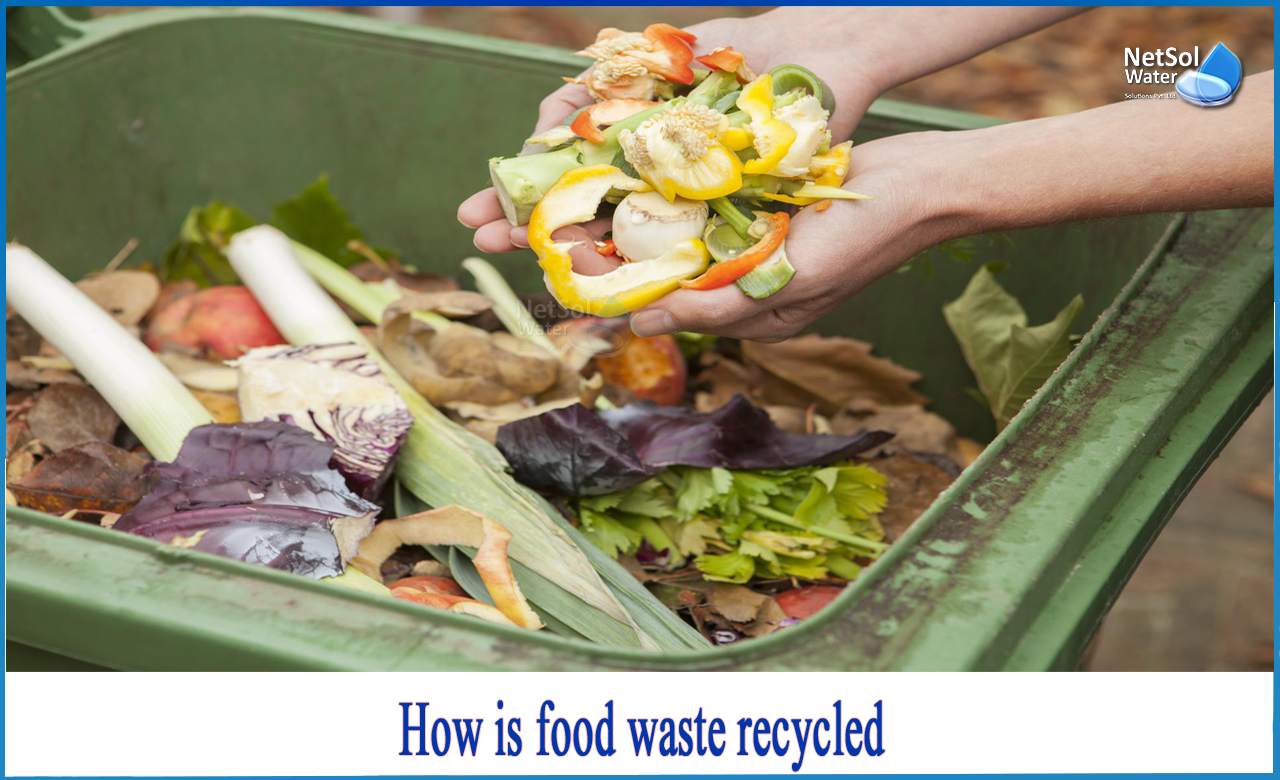Introduction
Food waste is the second-largest component of our waste stream, accounting for 14.5% of all we toss away. Food, like practically everything else in our waste, is recyclable. In fact, it is one of the simplest items to recycle at home.
Food wastage at home
Food waste takes place at all stages of the food system, including production, processing, transportation, retailing, cooking and consumption. When this wasted food reaches landfills, the massive layers of organic waste decompose and emit greenhouse gases (GHGs), such as methane, which is 21 times more potent as a heat-trapping gas than carbon dioxide.
We can reduce our carbon footprint, capture renewable energy, and return essential nutrients to the soil by diverting food waste from landfills.Because food waste is recyclable, it must be handled wisely in order to reduce greenhouse gas emissions from landfills.
What types of food waste are recyclable?
It is determined if you compost food waste at home or send it to a commercial facility! Some things that home gardeners should avoid can be composted utilizing in-vessel methods. If you compost at home, expect to include the following forms of food waste in your compost pile:
- Fruits and vegetables - this includes trimmings like carrot tops, potato peels, and fresh herb stems.
- Bread, crusts for pizza, and other baked foods.
- Pasta, oatmeal, and other grain-based items (as long as they do not have too much oil on them).
- Egg shells, crushed (these have the added bonus of helping keep compost from getting too acidic).
- Coffee, as well as coffee filters.
- Tea leaves and tea bags, etc.
How is food waste recycled?
Many municipal governments now collect food waste, which may be recycled in a variety of ways, including:
1: Composting in-vessel
This entails combining food waste with yard trash, shredding it, and composting it in an enclosed system for 2-4 weeks at temperatures as high as 70°C. This expedites the composting process and guarantees that any hazardous microorganisms are eliminated. The material is then permitted to grow outside for another 1-3 months, with frequent turning and quality inspections, before being utilized as a soil conditioner.
2: Anaerobic Digestion
In the lack of oxygen, microorganisms inside an enclosed system break down food waste, animal dung, slurries and energy crops. As it decomposes, methane is released, which is collected and transformed into biogas, which is then utilized to create power, heat, or transport fuels. It also produces a nutrient-rich digestate that may be used as a fertilizer in agriculture and to regenerate soil.
Conclusion
Some municipalities send their non-recyclable waste to be burned in order to generate usable energy. However, because food waste is constituted of around 70% water, it requires significantly more energy to burn, making this a less efficient method of disposal than recycling.
Choose the best company for your waste management!
Talk to one of our advisers at Netsol Water to discover more about food waste management practices and how your company can go greener. Contact us at +91-9650608473 or drop a mail at enquiry@netsolwater.com to remain up to date regarding the latest techniques to enhance your business's waste management.



